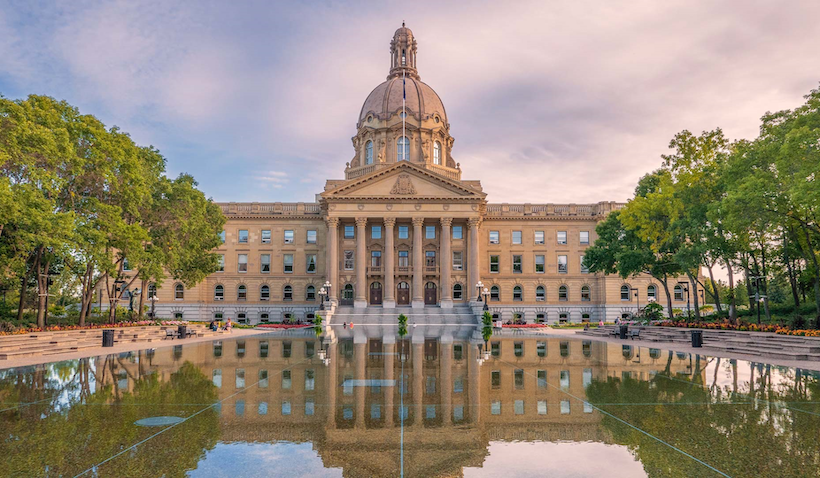Edmonton just got a new roadmap to becoming a music city.
West Anthem, established to foster Alberta’s music industry, recently unveiled a report, Resonant Energies: A Music City Strategy for Edmonton, outlining how to build Edmonton into a ‘music city.’ The report was developed in conjunction with the National Music Centre and the Government of Alberta.
What is a music city?
The report defines a music city as simply “communities of various sizes that have a vibrant music economy which they actively promote.”
Why is it important?
As a self-described music advocacy group, West Anthem lays out some ways Edmonton can benefit from growing the local music scene, including generating great musicians. But retaining those artists can be a challenge, said Downtown Business Association executive director, and West Anthem steering committee member, Puneeta McBryan.
“You talk to people in the music industry in Toronto or Montreal, they say ‘oh, yeah, some of my favourite artists started in Edmonton.’ We grow great local talent, and then they leave and they move. So how do we keep that talent here?” said McBryan.

Executive director of Explore Edmonton, Melissa Radu, adds that a healthy music scene is good for the local economy, too.
“The economic impact is incredibly important for the destination. So just for the Junos (held in Edmonton, 2023) the economic impact is about $19.1 million of total economic impact. And to give you a sense, the room demand for our hotels was over 12,000 rooms,” she said.
Having a strong music scene helps retain musical talent, and attract more talent to come. Attracting music, she said, is good for business.
How can Edmonton become a music city?
Three main drivers to support and grow Edmonton’s music industry include: infrastructure, regulatory and government support, and people.
But, when it comes to infrastructure, Edmonton has seen a marked reduction in music venues. Venues aren’t just the places where the music is performed, but also where it’s discussed, recorded, rehearsed.
Since 2020, the city is down six recording studios, four record labels, and more than 25 venues that host occasional live performances. On this front, West Anthem suggests moving toward a stable venue “ladder” providing a clearer path for artists to come up through the industry.
The report advocates for more music-friendly bylaws, and is asking all levels of government to protect music-dedicated funding, while maintaining better communication with stakeholders in the industry.
Finally, strength of diversity and professional development can help grow the local industry.
What now?
Starlite Room and River City Revival House co-owner, Tyson Boyd, said that building Edmonton’s music scene needs everyone’s help.
“We all have a role to play in building a vibrant, resilient music scene that benefit all of us,” said Boyd.
“Go to events, spread the word and tell your friends to read the strategy.”
With venues highlighted as a key component, McBryan expressed excitement about the start of Entertainment District on Rice Howard Way, which will be used for regular music programming.
“Every Saturday, if you come Downtown, you can find live music and cultural programming out on the street, have a glass of wine on the street. And it’s a great way to enjoy your city,” said McBryan.




